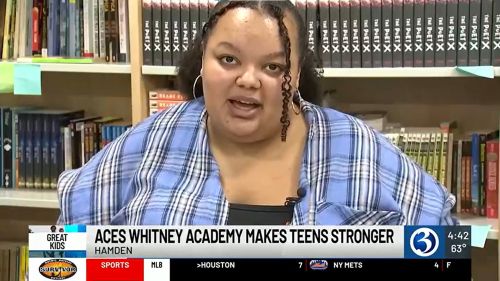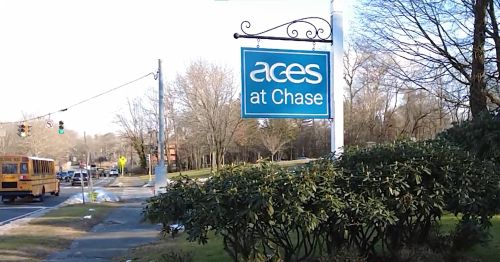POSTED: |
-
Our Agency
- About Us
- Calendars
- Contact Us
-
Directions
- ACCESS
- ACES at Chase
- ACES International Preschool and Childcare Center
- ACES Transportation Services
- Center for Autism Spectrum and Developmental Disorders
- Central Office
- Educational Center for the Arts
- Educational Technology
- Little Theatre on Lincoln Street
- Mill Road School
- Network Services
- Staff Development / Administration
- Village School
- Whitney High School North
- Wintergreen Interdistrict Magnet School
- Human Capital Development
- Education Foundation
- News / Press
- Publications
- Request for Proposals
- Employment
- Events & Workshops
- Referrals
-
Schools & Programs
-
Special Education Schools
- Center for Autism Spectrum and Developmental Disorders
- Mead Elementary School
- Mill Road School
- Village School
- Whitney Academy EXPLORE & CREATE
- Whitney High School North
-
Magnet Schools
-
ACES at Chase
- About Us
- ACES at Chase: History & Origins
- Admissions
-
Student and Family Portal
- Breakfast and Lunch Menus
- Cancellations, Delays, and Early Dismissal
- Community Health Center
- Dress Guidelines
- Family Teacher Organization (FTO)
- Health Office
- Principal's Corner
- Monitoring Grades: PowerSchool Parent Portal
- Quick Links
- Student Handbook
- Summer Reading and Math
- Technology & Digital Citizenship
- Virtual Suggestion Box
- Document Library
- Contact Us
- Back to ACES
- Educational Center for the Arts
- Wintergreen Interdistrict Magnet School
-
ACES at Chase
- Alternative Education
- ACES Early Head Start
- ACES International
-
ACES International Preschool and Childcare Center
- About Us
- ACES International Preschool and Childcare Center Donations
- Admission Interest
- Meet the Staff - Newtown Center
- Meet the Staff - Woodbury Center
- Calendar
- Contact Us - Newtown Center
- Contact Us - Woodbury Center
- Family Portal
- Enroll Now: ACES International Preschool and Childcare Center Newtown Location
- Back to ACES
- ACES Open Choice
- Family and Community Engagement
- Magnet School Parent Choice
- School-Based Services
-
Special Education Schools
-
Services
- ACCESS Adult Vocational Services
- ACES Insurance Collaborative
- ACES UP Renewable Energy Solutions
- Alternate Routes to Certification
- Business Partnership Opportunities
- Center for Safe Schools
- Clinical Services
- Educational Technology
- Facility Rental
- Fingerprinting
- International Programming
- Marketing and Communications Services
- Network Services
- Professional Learning
- Regional Education Councils
- Regional Special Education Transportation
- Speech and Language Services
- Transportation
- World Language Services
- Find
















